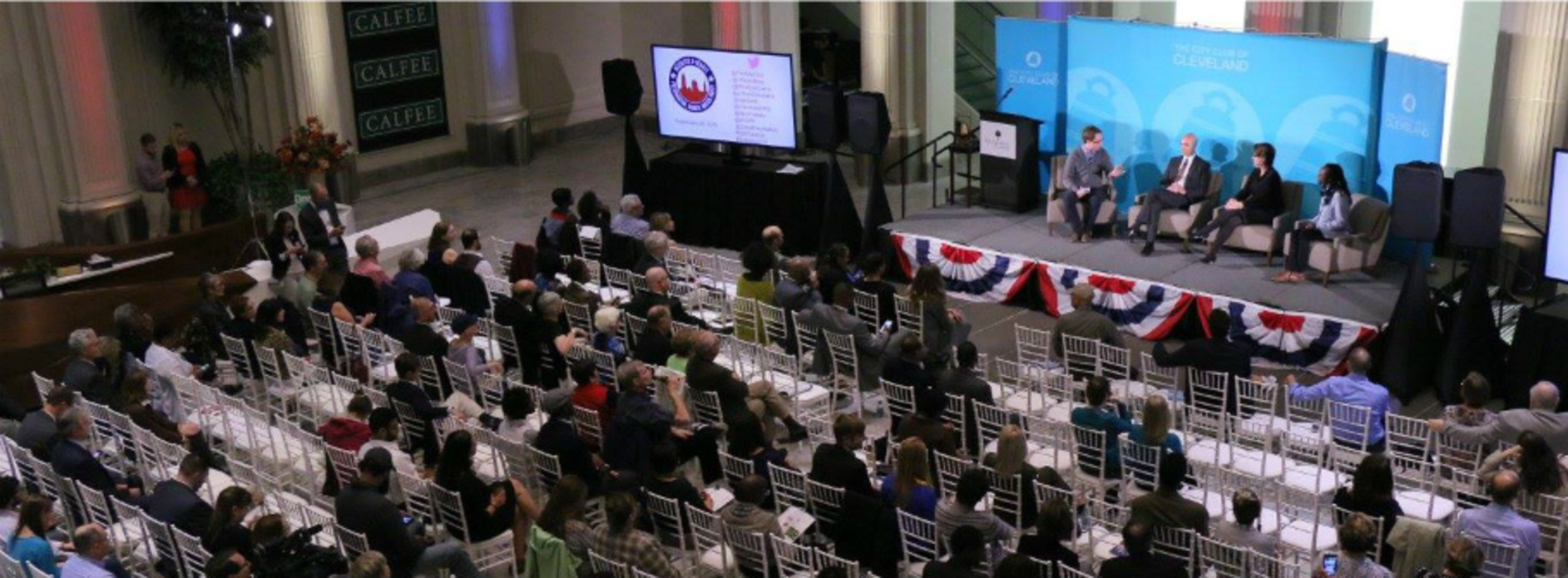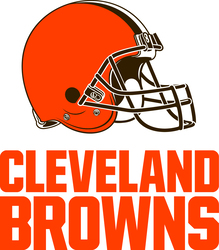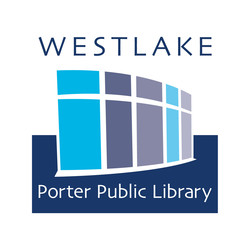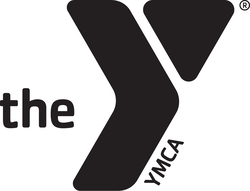Wednesday, September 28, 2016
National Institute for Civil Discourse Releases Civility Study of First Presidential Debate
The National Institute for Civil Discourse (NICD) today released a civility report on the first Presidential Debate of the 2016 election, concluding that both candidates, Donald J. Trump in particular, fell short on civility. In coordination with Robert Boatright, NICD Research Director and Professor of Political Science at Clark University, and Timothy Shaffer, NICD Research Associate and Assistant Professor of Communication Studies at Kansas State University, students from Clark University, Kansas State University, San Diego Mesa Community College, and Assumption College coded the debate using a questionnaire designed to measure instances where the candidates and debate moderator behaved in an uncivil fashion.
In the questionnaire, respondents were asked to identify uncivil acts such as direct insults, or a refusal to answer the moderator’s questions. The respondents were also asked to identify civil behaviors, such as a willingness to take responsibility for past errors, or to denounce uncivil acts taken by others. Questionnaire respondents had little trouble identifying instances where the candidates insulted each other. They also found many instances where the candidates called each other out for past uncivil statements and behavior.
Findings include:
- Most respondents found Hillary Clinton to be the more civil of the two candidates.
- Approximately 78 percent of respondents reported instances where Donald Trump failed to respond to the questions posed by the moderator, but only 31 percent said the same of Clinton.
- Eighty-seven percent of respondents reported that Clinton was willing to take responsibility for past errors, but less than 15 percent said that Trump was willing to do the same.
- More than 80 percent of respondents identified instances where Trump insulted individuals other than Clinton, but fewer than 20 percent felt that Clinton insulted anyone other than Trump.
These large differences remain when respondents’ party affiliations are taken into account.
“The research is clear: this campaign is one of the most uncivil in recent history and the first debate continues to degrade our political discourse. Last night’s debate, no matter your political view, showed just how important it is for this country to revive civility,” said Dr. Carolyn J. Lukensmeyer, Executive Director of the National Institute for Civil Discourse. “We owe it to ourselves to listen, consider, and find a path forward with our fellow Americans. That’s democracy.”
“Many of our respondents found this to be an unusually harsh and uncivil debate,” said Robert Boatright, NICD Research Director and Professor of Political Science at Clark University. “However, this was also a debate about civility in that both candidates were quick to point out uncivil statements that their opponents had made.
Respondents generally gave Lester Holt high marks for his persistence in restating questions and for calling candidates to account for uncivil statements they made in the past. Respondents found that Holt treated the candidates respectfully, sought to provide equal time to the candidates, and asked the candidates questions of similar complexity. Holt’s key failing, according to our respondents, was a lack of willingness to condemn uncivil statements made by the candidates during the debate.
The NICD civility questionnaire was completed by students at four colleges and universities, chosen in order to achieve some variety in the location of the schools, the type of school, and the ideological composition of the student body. Students watched the debate together and answered questions on civility as the debate progressed. Additionally, City Clubs in Boise, Idaho and Cleveland, Ohio also distributed the questionnaire to their members. NICD expects to repeat the project in subsequent debates using other demographics and release a report after the election benchmarking this year’s debates against those of prior elections.
“We are interested in the results from a research perspective,” said Boatright, “but we also hope that the experience of filling out the questionnaires prompted participants to think carefully about what constitutes civil behavior during a debate.”
This research supports the need for NICD’s recently-released set of Debate Standards that, if adopted, would ensure that the debates are fair, informative, and civil. NICD has shared the standards with the Commission on Presidential Debates, presidential debate moderators, presidential campaigns, as well as moderators and candidates in statewide elections.
“In order to set our country back on a civil track, we urge the moderators to adopt the National Institute for Civil Discourse’s Debate Standards and therefore ensure a civil debate, where both sides are heard and respected and treated equally,” said Lukensmeyer.
More than 75 organizations have already signed on to the standards, including AARP; education institutions such as the Tufts University’s Jonathan M. Tisch College of Civic Life, the University of California Berkeley Center on Civility & Democratic Engagement and the University of Virginia Center for Politics; civic forums, such as the City Club of Cleveland and City Club of Portland; and faith organizations, such as the Faith and Politics Institute and Interfaith Alliance. A complete list can be found on NICD’s website: http://nicd.arizona.edu/.
NICD was formed at the University of Arizona with the goal of improving civility in our political discourse in the wake of the shooting of former Rep. Gabby Giffords. Earlier this year, NICD launched a national campaign to #ReviveCivility.
About the National Institute for Civil Discourse:
The National Institute for Civil Discourse, is a non-profit, non-partisan institute based at the University of Arizona dedicated to addressing incivility and political dysfunction in American democracy by promoting structural and behavioral change. Informed by research, NICD’s programs are designed to create opportunities for elected officials, the media, and the public to engage different voices respectfully and take responsibility for the quality of our public discourse and effectiveness of our democratic institutions. Their National Advisory Board includes former President George H.W. Bush, and former Supreme Court Justice Sandra Day O’Connor.






